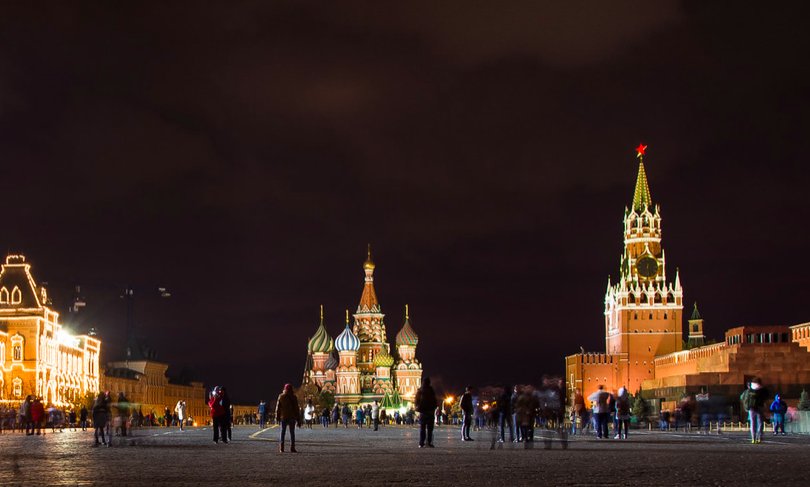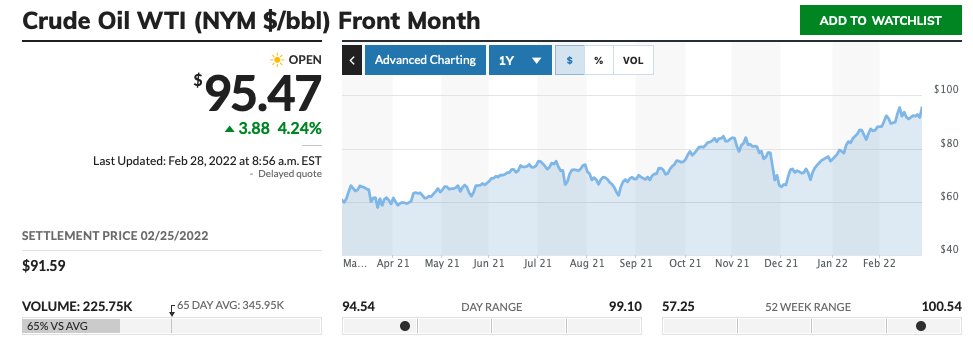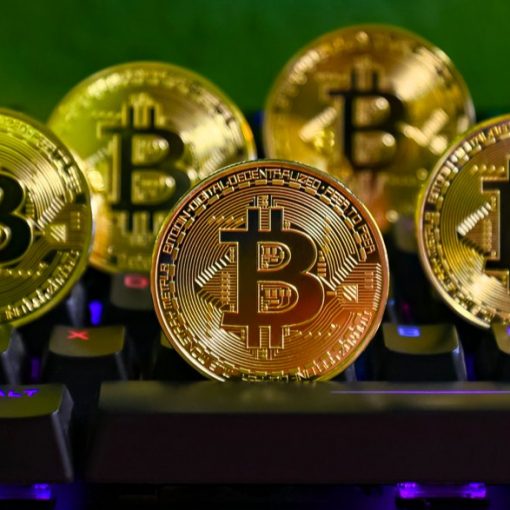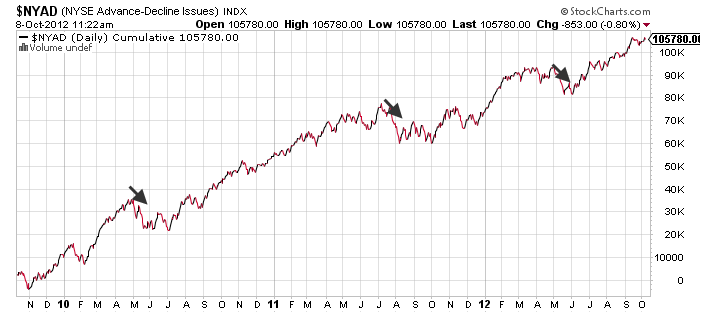The Russian invasion of Ukraine is first and foremost a tragic humanitarian crisis, with lives lost, families separated and war refugees pouring into neighboring European nations.
This is also an economic conflict with global implications for investors. The West’s barrage of sanctions aimed at the Russian economy and oligarchs will have ripple effects for banks and multinationals worldwide.
Here’s a quick guide of the major pain points for Russia and probable spillover effects.

Banks & Monetary Policy
The U.S., European Union, United Kingdom and other countries are freezing the dollar assets of Russia’s central bank, while excluding some Russian lenders from the SWIFT messaging system, which is the central nervous system for trillions of dollars of transactions worldwide.
That’s expected to cause turmoil in the foreign currency and inter-bank markets, at least in the near-term, as the sanctions take hold. The Russian ruble plunged nearly 30% after sanctions were announced.
Russian financial markets are going to face big challenges in the coming weeks, while central banks in advanced economies will need to carefully monitor any spill-over impact.
Severing Corporate Ties
Companies worldwide are rushing to severe equity ties and joint ventures with their Russian partners.
British Petroleum is dumping its 19.75% ownership of Rosneft, a Russian state-owned oil firm that supplies Russia with much of its fuel. BP is expected to face a $20 billion writedown, since selling the stake will be difficult in the current geopolitical climate.
Airline leasing firms are recalling and canceling contracts on commercial jetliners leased to Russian airlines.
International sporting bodies such as European soccer governing body UEFA and Formula One are canceling high profile sporting events planned for Russia and finding other venues.

Commodity Prices
Oil and natural gas prices are spiking and the financial markets try to assess the impact of the Ukraine crisis on energy prices.
Russia is a major oil and natural gas exporter, particularly to major European economies. Germany has suspended approval of the Nord Stream 2 pipeline project, an $8.3 billion project financed by Russian and Western energy companies.
Going forward there are two additional risks: Western nations halt purchases of Russia energy exports or Moscow decides to impose an embargo on oil and gas sales to the West
Either way, energy prices are expected to remain elevated, which may feed into global inflationary pressures.
In addition, both Ukraine and Russia are major wheat exporters. Higher food prices in the first half of 2022 now seem like a virtual certainty, according to analysts.
Takeaway
Add a geopolitical crisis in Europe to the worry list of investors this year.
Inflation and monetary tightening were the big market variables at the start of the year. Now, investors must navigate a very complex war with no easy way out on the European continent.
Photo Credit: kuhnmi via Flickr Creative Commons
Disclosure
This piece is provided as educational information only and is not intended to provide investment or other advice. This material is not to be construed as a recommendation or solicitation to buy or sell any security, financial product, instrument, or to participate in any particular trading strategy.



